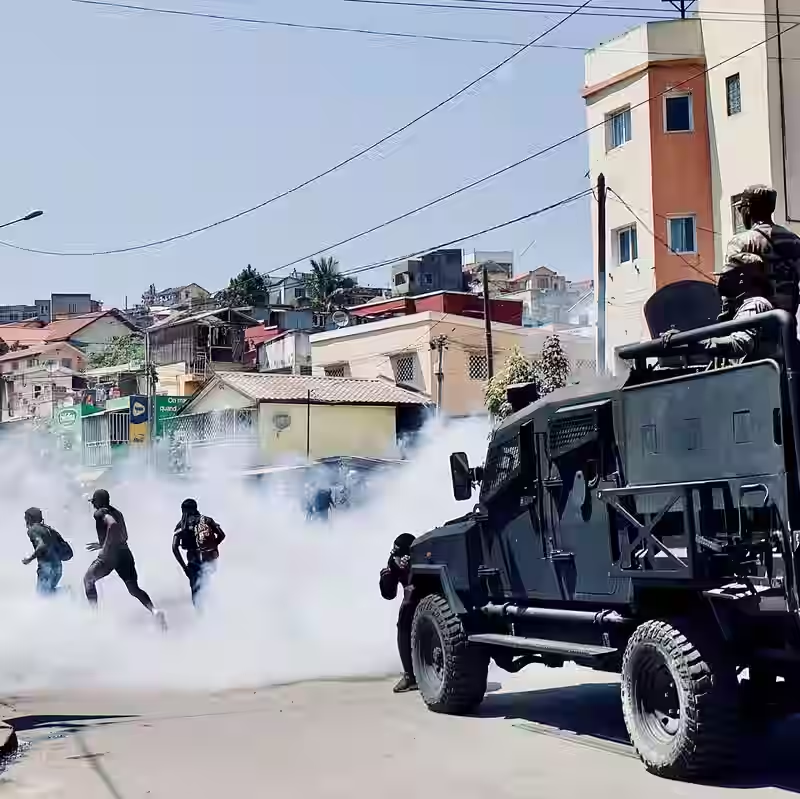President Andry Rajoelina Dissolves Cabinet Amid National Uprising
In a dramatic response to escalating unrest, Madagascar’s President Andry Rajoelina dissolved his entire government on Monday following days of fiery protests led by young citizens furious over chronic power cuts, water shortages, and economic collapse.
The move comes after the United Nations reported that at least 22 people have been killed and over 100 injured in clashes between demonstrators and security forces—making it one of the deadliest protest waves in Madagascar’s recent history.

Why Are Young Malagasy Citizens Revolting?
For weeks, thousands of young people—many inspired by recent Gen Z uprisings in Kenya and Nepal—have flooded the streets of Madagascar’s capital, Antananarivo, demanding basic services and accountability.
- Rolling blackouts lasting up to 12 hours daily
- Severe water shortages in urban centers
- Soaring food prices amid agricultural collapse from climate shocks
- Perceived corruption under Rajoelina’s third-term administration
“I understand the anger, the sadness and the difficulties caused by power cuts and water supply problems,” Rajoelina said in a nationally televised address.
What Happens Now?
Rajoelina has dismissed Prime Minister Christian Ntsay and all cabinet ministers. They will remain in an interim capacity until a new government is formed. In an unusual move, the president announced he is accepting applications for new ministers via email and LinkedIn—a nod to the digital-native protesters he hopes to appease.
Madagascar’s Political Timeline: Instability by the Decade
| Year | Event | Outcome |
|---|---|---|
| 2009 | Rajoelina seizes power in a coup | International condemnation; suspended from African Union |
| 2013 | Loses election; steps down | Democratic transition begins |
| 2018 | Wins presidency amid controversy | Opposition alleges voter suppression |
| 2023 | Re-elected to third term | Boycotted by major opposition parties |
| 2025 | Dissolves government after deadly protests | Nation on edge; calls for resignation grow |
Will This Calm the Streets?
Analysts are skeptical. Protesters have shifted from demanding services to calling for Rajoelina’s outright resignation. Social media is flooded with hashtags like #RajoelinaMustGo and #MadagascarRising.
The U.N. High Commissioner for Human Rights, Volker Türk, condemned the “violent response by security forces” and urged authorities to “ensure respect for freedom of expression and peaceful assembly.”
Meanwhile, Madagascar’s government disputes the U.N.’s death toll, calling it “based on rumors”—a claim that has further inflamed public distrust.
Broader Implications
Madagascar, home to 32 million people, has long struggled with political volatility and climate-driven food insecurity. But the 2025 uprising marks a turning point: a digitally connected, climate-affected youth population is no longer willing to accept empty promises.
[INTERNAL_LINK:africa-protests] could signal a new wave of accountability across the continent.




